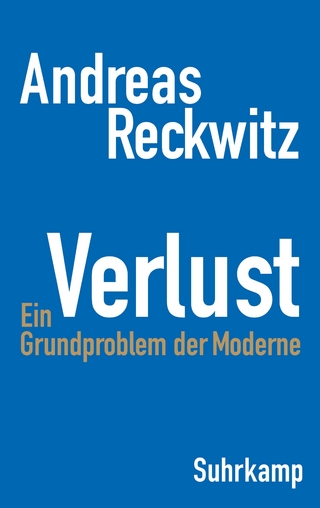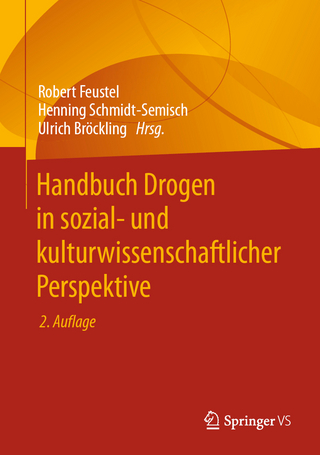
Iran Auto
Cambridge University Press (Verlag)
978-1-107-17167-1 (ISBN)
Since the revolution of 1979, scholars have portrayed the Islamic State's industrial development capacity in a negative light. Global isolation, incoherent economic planning, and predatory Islamic institutions are often cited as the reasons for lackluster development. In Iran Auto: Building a Global Industry in an Islamic State, Darius Mehri shows how this characterization is misguided. Today, Iran has one of the world's largest automobile industries with national technical capacity. Previous studies ignore the consequences of three decades of Iran's capacity for successful industrialization and changes in global technology transfer that allow countries, even ones isolated from formal global institutions, to build an automobile industry. Mehri shows how industrial nationalists in Iran constructed a network of politically effective relationships to open up space for successful local industrial development, and then tapped into a set of important global linkages to create an industry with high local manufacturing content. This book will open up a new line of inquiry into how countries in the global south can develop a successful national automobile industry without the need to conform to global economic institutions.
Darius Mehri holds a Ph.D. in Sociology from the University of California, Berkeley. Before becoming a sociologist, he worked as an automobile engineer in the United States and Japan. His publications have appeared in the Socio-Economic Review, Studies in Comparative International Development, and the Academy of Management Review. His book on the Toyota production system entitled Notes from Toyota-land: An American Engineer in Japan was published in 2005. He currently works as a Risk Management Analyst at the New York City Department of Buildings.
Introduction; 1. Setting the stage: the pre-revolution rise and the post-revolution decline of the automobile industry; 2. The rise of the industrial nationalists: postwar conflict, neoliberalism, and national industrial strategy; 3. An era of coherence: state-led development and the deepening of automobile industry ties to society; 4. Using global corporate networks as a path to national industrial development; 5. From industrial protection to the rise of the stakeholder model of corporate ownership; 6. Factors determining Iran Auto's survival: industry fragility, the quality issue, and the conflict over globalization; Conclusion.
| Erscheinungsdatum | 28.10.2017 |
|---|---|
| Reihe/Serie | Structural Analysis in the Social Sciences |
| Zusatzinfo | 11 Tables, black and white; 19 Line drawings, black and white |
| Verlagsort | Cambridge |
| Sprache | englisch |
| Maße | 156 x 235 mm |
| Gewicht | 420 g |
| Themenwelt | Sozialwissenschaften ► Soziologie |
| Technik ► Fahrzeugbau / Schiffbau | |
| ISBN-10 | 1-107-17167-9 / 1107171679 |
| ISBN-13 | 978-1-107-17167-1 / 9781107171671 |
| Zustand | Neuware |
| Haben Sie eine Frage zum Produkt? |
aus dem Bereich


